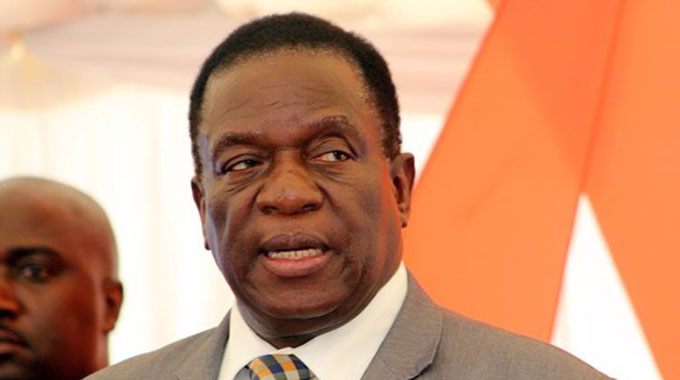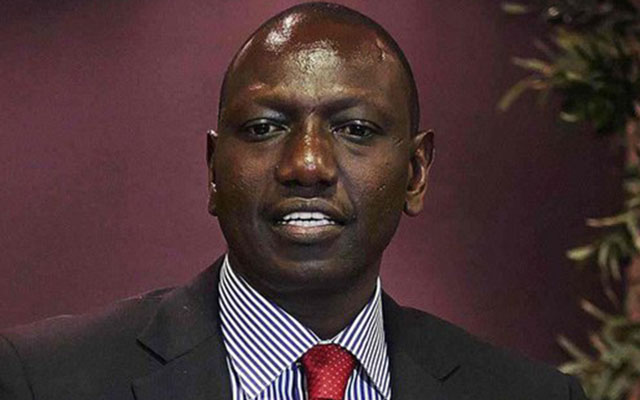FAO pledges to support Govt

Freeman Razemba Senior Reporter
The Food and Agriculture Organisation (FAO) has pledged to continue offering technical support to Government to help it achieve its Sustainable Development Goals (SDGs) target ahead of 2030. FAO sub-regional co-ordinator for Southern Africa and FAO representative in Zimbabwe Dr Chimimba David Phiri said with an inclusive agriculture policy and clear and focused strategies guiding investments in the sector, Zimbabwe should be able to achieve the SDGs targets in the next 12 years. Dr Phiri was speaking on the role of agricultural policy in supporting both domestic and foreign investments in the sector at the launch of the agriculture policies consultative workshop in Harare yesterday.
“FAO is fully committed to provide technical assistance for this process, together with Palladium, IAPRI and with our partners in LFSP (Livelihoods and Food Security Programme),” he said.
“FAO will continue to support the Government of Zimbabwe in areas within its mandate as guided by the country’s priorities as outlined in our country programme framework with the Government of Zimbabwe.”
Dr Phiri said the SDGs were adopted by member states of the United Nations in 2015 as global objectives to guide the actions of the international community through to 2030.
These goals, Dr Phiri said, offered a vision of a fairer, more prosperous, peaceful and sustainable world in which no one was left behind.
“As per our global mandate, FAO is playing a key role in supporting member states in attaining the SDGs and serves as a custodian for a number of the targets,” he said.
“It is important to note that food and agriculture have a decisive role to play in achieving the SDGs by 2030, especially ending hunger and poverty; transforming the food systems that connect every person on earth; sustaining the world’s ecosystems and preserving natural resources; combating climate change and its impacts; and building inclusive, fair and peaceful societies.”
Dr Phiri said the primary policy role of FAO was to help identify key challenges and facilitate development of solutions based on evidence-based analysis and inclusive public policy dialogue at all levels.
FAO, he said, encouraged innovative and coherent public action and helped improve the effectiveness of policy decision-making, implementation and monitoring.
It also assists countries with the collection and evaluation of other countries’ experiences by providing standardised reporting that allows comparison, learning and mutual accountability.
Dr Phiri said, “In Zimbabwe, we have over the years supported the Government through mobilisation of technical and financial resources for agriculture, food and nutrition policy development.
“Consultative processes and drafting for some sectoral policies and strategies such as livestock, irrigation, forestry and the overall policy were conducted with support of development partners such as the EU, DFID (Department for International Development) and SDC, but these have unfortunately remained in draft forms, a situation that as reduced confidence in the sector ad discouraged investments.”
Dr Phiri also said the agricultural sector is strained globally by a 30 percent increase in global population, increased competition for scarce land, water and resources, including the existential threat of climate change.
“To provide for a population projected to reach 9,3 billion in 2050 and support changing dietary patterns, estimates are that food production will need to increase from the current 8,4 billion tonnes to almost 13,5 billion tonnes a year,” he said.
“Achieving that level of production from an already seriously depleted natural resource base will be impossible without profound changes in our food and agriculture systems.”
Governments around the world, said Dr Phiri, use policies to influence domestic agricultural markets and budgetary transfers to support specific groups or to finance certain services in the sector.
The workshop was attended by Government officials and representatives from organisations in the country and the region.









Comments